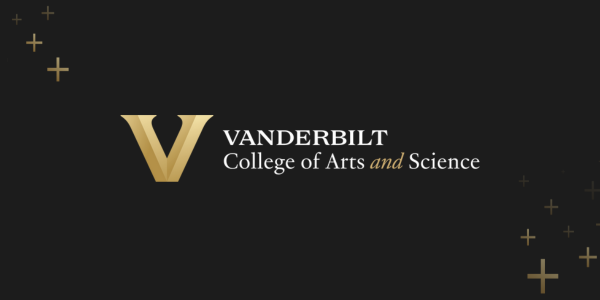Why Asian Studies? The Asian Studies department is Vanderbilt’s home for the study of Asian languages, cultures, and diasporas. As a hub for interdisciplinary inquiry, our program explores Asia through the multiple lenses of film, geography, history, history of art, literature, media studies, political science, religious studies, and sociology. Our faculty’s expertise spans widely across Asian regions, especially the countries of China, Japan, Korea, India, Bangladesh, and Vietnam. We offer language instruction in Chinese, Hindi-Urdu, Japanese, and Korean.


